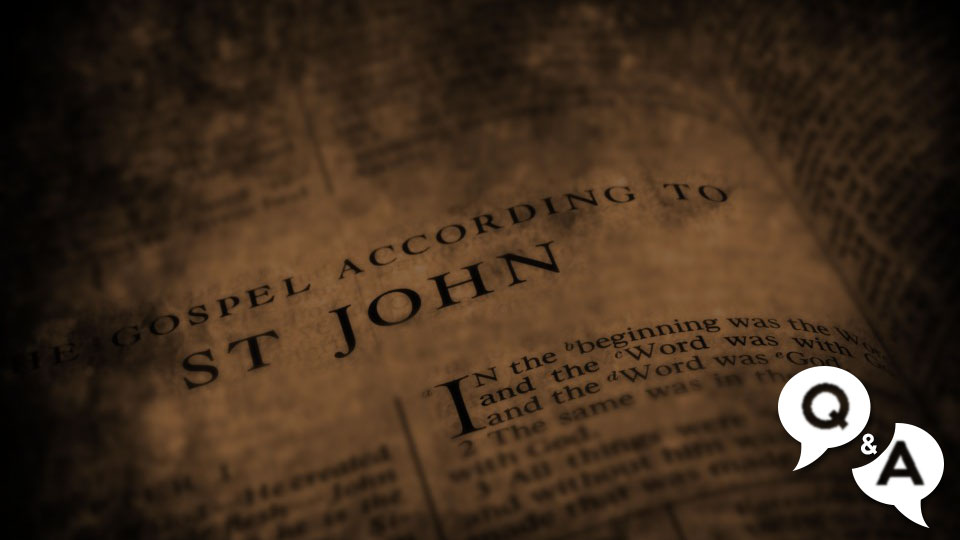The following is a question that was asked on the CHN Community:
Matteus Sandell (of Sweden):
Why are the books called Apocrypha not in most of the Bible versions?
David Emery:
In pre-Christian times, there were two opinions of which books should be included in the Jewish sacred Scriptures. One was the Palestinian view, which restricted the Bible to those books written in Hebrew or Aramaic before a certain time. The other was the view of the Diaspora, those Jews living among the pagans outside of Palestine (“the Greeks”). These accepted additional books, most of them originally written in Greek; these became part of the famous Greek translation of the Jewish Scriptures known as the Septuagint. Once Christianity appeared on the scene, there was a huge Jewish reaction against the fact that the Christians were using the Septuagint as “their” Bible. The result was that, after a centuries-long campaign by the Palestinians, the minority Palestinian view prevailed, and from that day to this, all Jews adopted the smaller canon. The books the Jews later rejected thus became known among the Christians as the Deuterocanonical (“second canon”) books.
The Christian canon of the Bible was originally defined by the Catholic Church in the Council of Carthage at the end of the fourth century. In the 16th century, Martin Luther, who was an Augustinian monk, took exception to several doctrines of the Church, most notably the doctrine on Purgatory, a state of expiation, or cleansing of the soul, after physical death, to fulfill the temporal consequences of sins already forgiven during the person’s lifetime, and so allow the person to enter heaven. (There is an eternal consequence of sin, which is an offense against God, and which God gratuitously forgives when the person repents. There is also a temporal consequence, which is due to the very nature of sin, and which must be expiated by suffering, either in this life or in the next life.) Luther found the strongest biblical evidence of the existence of Purgatory in the book of 2 Maccabees, one of the Deuterocanonical books of the Bible, books which Protestants now call “Apocryphal.” Luther resolved his issue with Purgatory by noting that the Jews of his time did not recognize the Deutrocanonical books, so he decided that the divine inspiration of those books was “doubtful,” or “apocryphal.” As a result, when he made his German translation of the Bible, he placed the Deuterocanonical books in a separate section at the end of the Old Testament, with a note that he was doubtful concerning their inspiration.
After a few printings of Luther’s translation, the printers, having seen Luther’s opinion of the books in that separate section, asked themselves, “Well, if they are not inspired Sripture, why keep them in the Bible? We can take that whole section out and save ourselves paper and ink. That way, selling the Bible at the same price as before, we gain a greater profit!” So that’s what they did, and almost nobody was the wiser.
The same thing happened with the English Authorized Version (also known as the King James version of the Bible). The original AV included the Deuterocanonical books, set off in a separate section, just as Luther had done. A number of early copies of this Bible are extant today, and I actually have an electronic copy of these books. Since the reigning monarch is the head of the Church of England, it was his government officials who set the price of the Bible. Again from the profit motive, the printers reasoned that, by omitting those “non-inspired books,” they could make more money, so that is what they did.
This, then, is why Protestant Bibles do not have those additional books in them today: the printers wanted more money for their labors.








